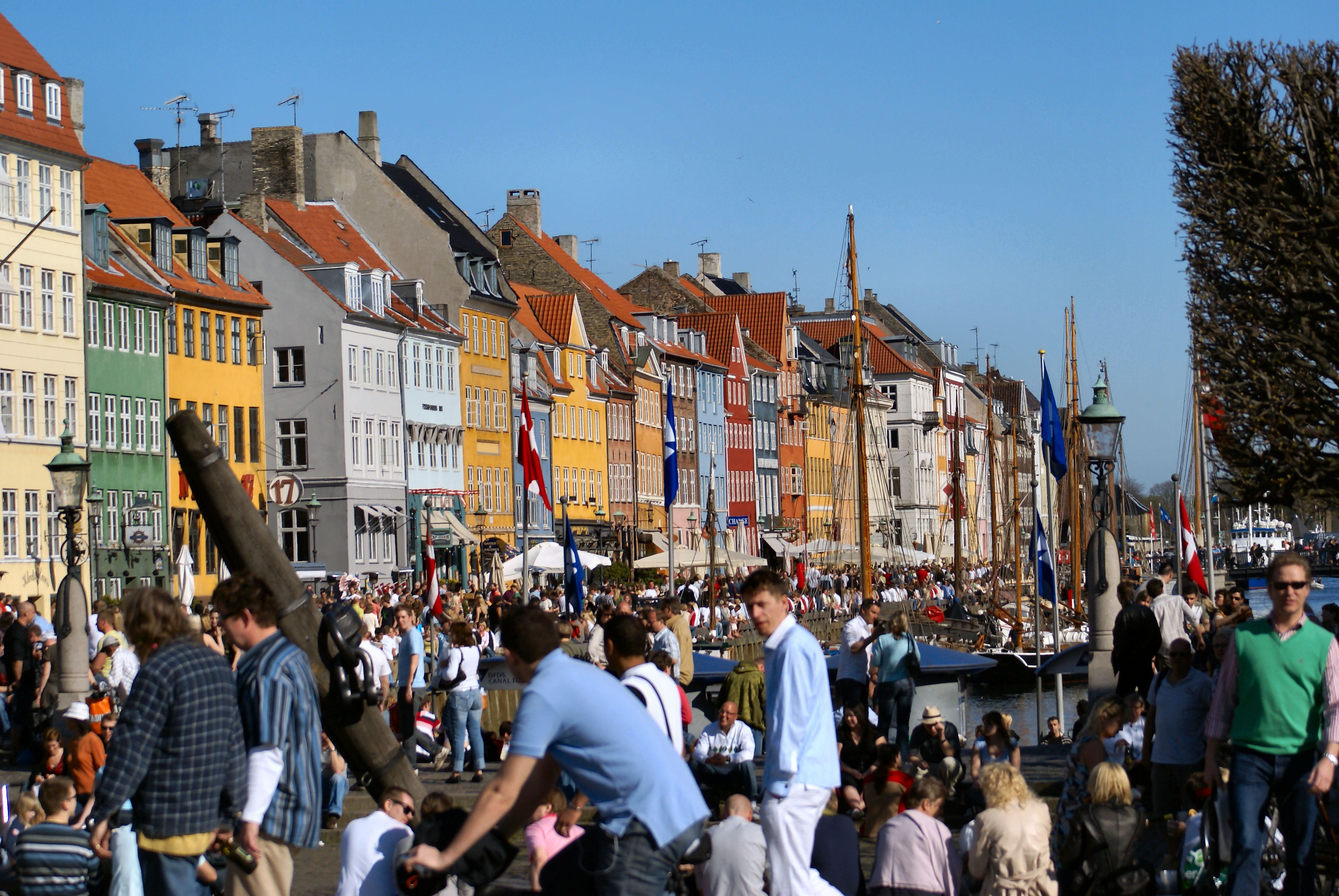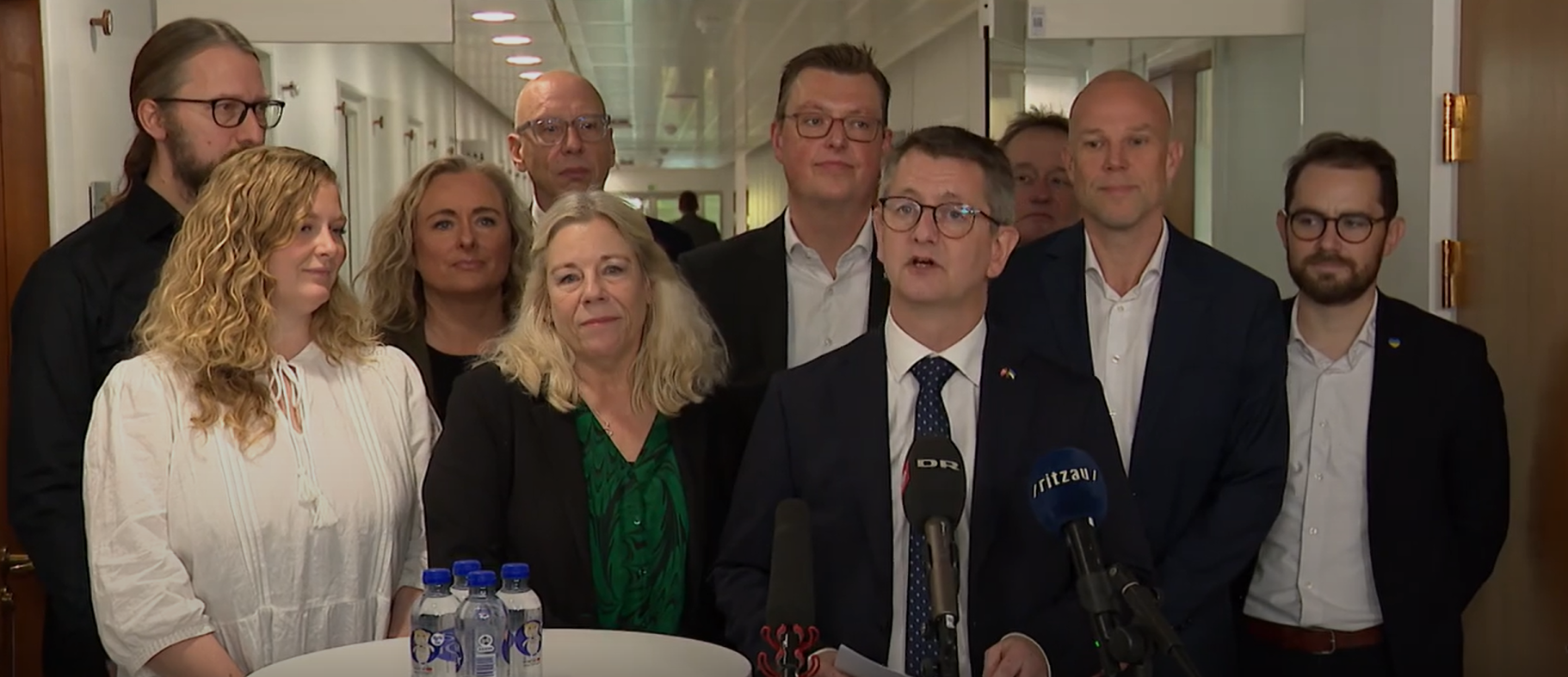Stabilität über alles
(Editorial) Europe can breathe easier this morning. Angela Merkel has been re-elected as Germany’s chancellor and leader of the continent’s strongest country. Merkel’s course so far has served both Germany and Europe well, and most lawmakers in Denmark and throughout Europe – regardless of party affiliation here at home – will be relieved about the German election result. With Merkel at the helm, Europe is likely to find a way out of its crisis as one union. Her victory all but puts an end to the left’s call for eased fiscal policy. German voters, to their credit, have placed Merkel alongside the likes of Konrad Adenauer and Helmut Kohl as the greatest of the country’s chancellors. – Jyllands-Posten
SEE RELATED: Exporters breathe sigh of relief as Eurozone moves out of recession
Merkel’s victory
(Editorial) Germany’s chancellor must live to her responsibility as Europe’s leader. Regardless of whether her CDU party gains a majority or must rule in coalition, she must work for stability and continue to be a staunch supporter of the EU and the euro. Economically, Merkel must implement a minimum wage at home in order to prevent jobs from fleeing to neighbouring countries. This has given Germany economic growth, but driven wages down in Denmark. German voters bought Merkel’s message of stability yesterday. Now she must deliver, both in Europe and on the economic front at home. – Politiken
SEE RELATED: Slaughterhouse workers vote against paycuts
Wave of bank closures on the horizon
Broken business models continue to cost Danish banks their lives, even after the worst of the recession has ended, predict a number of industry insiders. “We’re in no way done with structural readjustment,” John Fisker, the managing director of Rinkjøbing Bank. With bank customers depositing increasingly less money, banks find themselves with less need for income-earning services. Banks, then, respond by cutting services. And that cycle is unsustainable, according to Fisker. There are currently 88 banks in Denmark. Fisker predicts that there will be 50 left by 2020. Since the financial crisis broke out in 2008, 53 Danish banks have buckled under. – Erhverv & Økonomi
SEE RELATED: Financial firewalls to keep banks from cracking
UN no help against climate change
Two Danish members of the UN’s Intergovernmental Panel on Climate Change say the organisation is not up to the challenge of preventing climate change, and that unless national government’s step in and act soon, it will be too late to prevent dramatic changes. “We are nearly at the point of no return,” said Jens Hesselberg, the lead scientist at national weather centre DMI. The IPCC is due to meet in October 2014 approve the fifth UN climate report, but neither member had much faith that any UN meeting would bring about the strong resolution necessary to prevent temperatures from rising by more than the two degrees that scientists agree is a climactic tipping point. “My faith that the UN can make something happen is seriously damaged,” Hessselberg said. – Information
SEE RELATED: Climate plan presented to help reach ambitious emissions targets
Study to reveal how the happier half lives
Danish researchers are preparing to conduct studies to determine the effect of wealth on happiness. The studies are based on the research of Harvard business professor Michael Norton, whose research shows that spending money on a personal experience or to purchase time-saving services is the best way to spend a financial windfall. The Danish studies to be carried out by the Institut for Lykkeforskning, a happiness think-tank, will focus on whether paying to have your home cleaned makes people happier. Previous Danish studies have confirmed that people with higher incomes and those who feel their finances are in order, regardless of income, are happier. – Politiken
SEE RELATED: Denmark: where happiness and trust go hand in hand
Interested in receiving stories like these delivered to your inbox by 8am each weekday? Sign up for the Morning Briefing or any of our other newsletters today.











